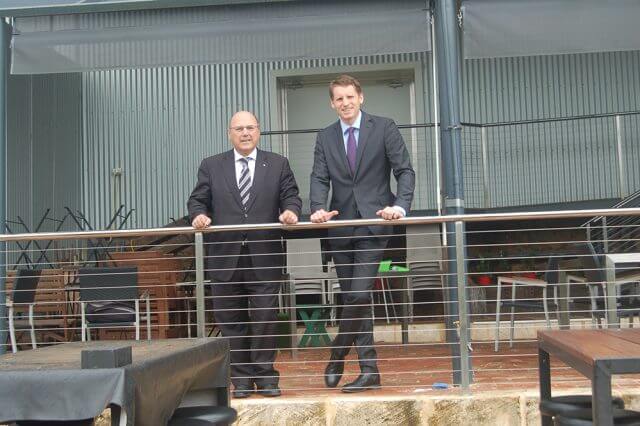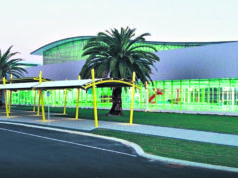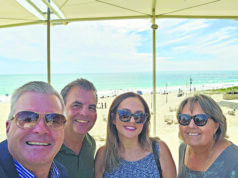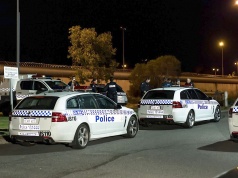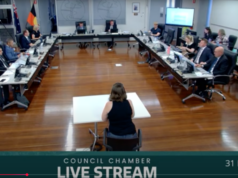Superannuation and penalty rates paid to backpackers are among the issues affecting the competitiveness of the fruit growing industry, according to orchardists in the federal electorate of Canning.
The orchardists were speaking at a forum for fruit growers hosted by Federal Member for Canning Andrew Hastie and Cabinet Secretary Arthur Sinodinos earlier this month.
One grower said the cost of labour was so high it was stopping Australian growers from being able to export to foreign markets.
“We talk about sending product to Asia all the time but while we’re paying $25 to $30 one of my friends, a mango producer up in Darwin, had to pay $33 an hour because they worked seven days a week and there were penalty rates, on top of everything else,” he said.
“So it was costing $19 a tray to pick and pack a tray of mangoes and freight it to a capital city.
“There is not a snowballs chance in hell of us getting product, apart from a niche market, up into Asia when we’re paying this much, it’s just not possible.
“Our company used to do up to $50 million a year in export but now we do virtually nothing because the quality of the stuff coming out of places like South America is equally as good as ours but they’re able to get labour for $2 or $3 an hour.”
Another grower said the lack of a traineeship pay rate meant growers were forced to pay unskilled backpackers at the full rate.
“The perception is that we require unskilled labour in this industry and that’s not true because the standard here is that your fruit can’t be bruised and it can’t be this and it can’t be that,” he said.
“So we’re not chasing unskilled labour, we have to spend a certain amount of time training them up while paying them at the full rate and they may only last two days and then you have to go through the whole process again.”
An orchardist said while he didn’t mind paying backpackers superannuation it wasn’t fair that they were able to access the money upon leaving Australia because it would encourage them to spend it in other countries.
“They go and waste it in somewhere like Bali,” he said.
“Why can’t we just pay it on top of their wages so they spend it here?”
The growers also raised questions about labelling laws, the GST redistribution in WA and the handling of pests such as fruit flies.
Mr Hastie said growers in his electorate were facing increasing pressure from every angle.
He said pest control issues, big business and proposed changes to the 417 visa which would see backpackers paying 32.5 cents in tax for every dollar earned below $18,200, were driving market competitiveness down for Perth growers.
Mr Sinodinos said he would take the issues raised back to the government.
He said proposed changes to the 417 visa were being re-examined in the hope of finding a practical way to raise revenue without hurting growers.
“Part of the tension for us is that this was a revenue raising measure so we have to look at what we do to ameliorate its impact,” he said.
He hoped the changes could be announced by July 1.


